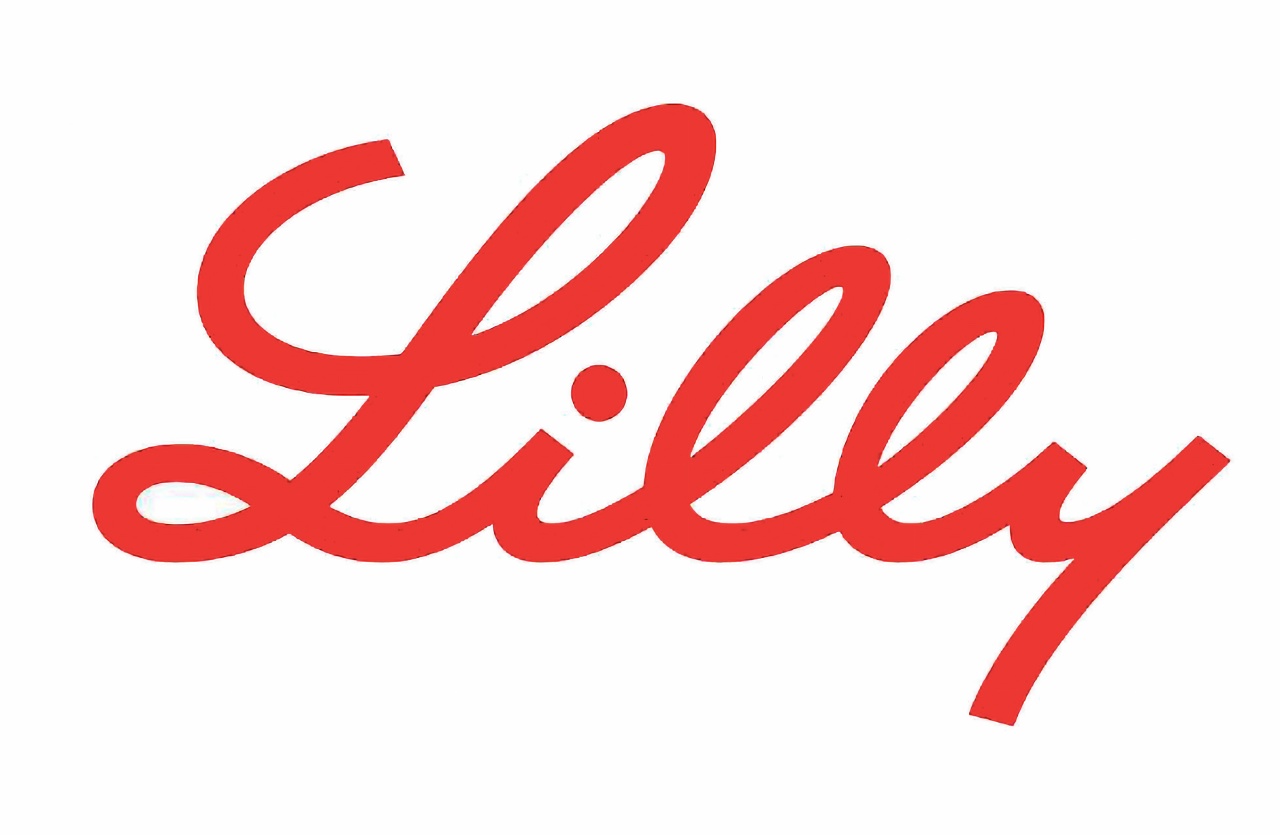China has approved Eli Lilly’s Kisunla, marking another milestone in global efforts to address Alzheimer’s disease. The treatment, designed to slow memory decline and clear brain plaques, offers early-stage patients a unique dosing approach and new hope for managing the disease.
China Approves Kisunla as a New Alzheimer's Treatment Option
After Eisai and Biogen's Leqembi were approved in January, Eli Lilly said late Tuesday that their treatment for early Alzheimer's has been approved by China's medical authorities, giving patients another alternative, Reuters reports.
According to a statement from Lilly, the medication, which is marketed under the trade name Kisunla, has been approved in four key markets: the US, Japan, and the UK. The latest addition to this list is China.
In the same way as Leqembi removes beta-amyloid from the brain, Lilly's Kisunla does the same.
Kisunla Shows Promising Results in Cognitive Decline
Kisunla shown a 29% reduction in the development of cognitive impairments as compared to a placebo in a large, late-stage experiment. Although most occurrences were moderate, it did induce brain edema in approximately 25% of patients and brain bleeding in approximately 33%.
In the United States, the prescribing label for Kisunla bears the FDA's most severe "boxed" safety warning, which, like Leqembi, warns of the possibility of fatal brain enlargement and hemorrhage.
Gradual Dosing and Finite Treatment Benefit Kisunla Users
However, the business reported that the number of patients having potentially significant brain swelling was reduced when Kisunla was started on a more gradual dose schedule.
Another advantage of Kisunla over Leqembi is its finite dosage, which lets patients discontinue treatment once brain scans reveal no more amyloid plaques.
The medicines authority of the European Union is presently evaluating the treatment. In July, the body decided against using Leqembi because the potential for severe brain swelling was not worth the minimal benefit in preventing cognitive loss, Investing.com shares.
Alzheimer’s Drives Majority of Dementia Cases Globally
The World Health Organization reports that between sixty percent and seventy percent of dementia cases are caused by Alzheimer's disease.



 Gold Prices Surge for Fourth Day as Middle East Tensions and Strong U.S. Dollar Shape Market
Gold Prices Surge for Fourth Day as Middle East Tensions and Strong U.S. Dollar Shape Market  Australia Housing Market Hits Record High Despite RBA Rate Hike
Australia Housing Market Hits Record High Despite RBA Rate Hike  China’s New Home Prices Post Sharpest Drop Since 2022 Amid Ongoing Property Slump
China’s New Home Prices Post Sharpest Drop Since 2022 Amid Ongoing Property Slump  Global Markets Reel as Euro Falls, Swiss Franc Surges and Oil Prices Spike After U.S.-Israel Strike on Iran
Global Markets Reel as Euro Falls, Swiss Franc Surges and Oil Prices Spike After U.S.-Israel Strike on Iran  Asian Stocks Tumble as US-Iran Conflict Escalates and Oil Prices Surge
Asian Stocks Tumble as US-Iran Conflict Escalates and Oil Prices Surge  Australian Job Advertisements Hit 16-Month High as Labour Market Stays Resilient
Australian Job Advertisements Hit 16-Month High as Labour Market Stays Resilient  Oil Prices Surge After U.S.-Israel Strikes on Iran, Raising Strait of Hormuz Supply Fears
Oil Prices Surge After U.S.-Israel Strikes on Iran, Raising Strait of Hormuz Supply Fears  PBOC Scraps Forex Risk Reserve as Yuan Rally Pressures Chinese Exporters
PBOC Scraps Forex Risk Reserve as Yuan Rally Pressures Chinese Exporters  Asian Currencies Slide as US-Israel Strikes on Iran Trigger Oil Surge and Risk-Off Rally
Asian Currencies Slide as US-Israel Strikes on Iran Trigger Oil Surge and Risk-Off Rally  European Stocks Slide as Middle East War Fears and Rising Oil Prices Shake Markets
European Stocks Slide as Middle East War Fears and Rising Oil Prices Shake Markets  ASX CEO Exit Signals Turbulent Transition Amid Lawsuit and Regulatory Scrutiny
ASX CEO Exit Signals Turbulent Transition Amid Lawsuit and Regulatory Scrutiny  Dollar Rallies as Middle East Conflict Weighs on Yen and Euro, Lifts Safe-Haven Demand
Dollar Rallies as Middle East Conflict Weighs on Yen and Euro, Lifts Safe-Haven Demand  The strikes on Iran show why quitting oil is more important than ever
The strikes on Iran show why quitting oil is more important than ever  U.S.-Israel War on Iran Escalates as Gulf Conflict Disrupts Oil, Air Travel and Regional Security
U.S.-Israel War on Iran Escalates as Gulf Conflict Disrupts Oil, Air Travel and Regional Security  RBA Signals Possible March Rate Hike as Energy Risks Threaten Inflation Outlook
RBA Signals Possible March Rate Hike as Energy Risks Threaten Inflation Outlook  Wall Street Closes Mixed as Tech Stocks Rally Despite U.S.–Iran Escalation and Oil Price Surge
Wall Street Closes Mixed as Tech Stocks Rally Despite U.S.–Iran Escalation and Oil Price Surge  Japan Signals Possible Currency Intervention as Yen Slides to 157.3 Amid Middle East Tensions
Japan Signals Possible Currency Intervention as Yen Slides to 157.3 Amid Middle East Tensions 






























